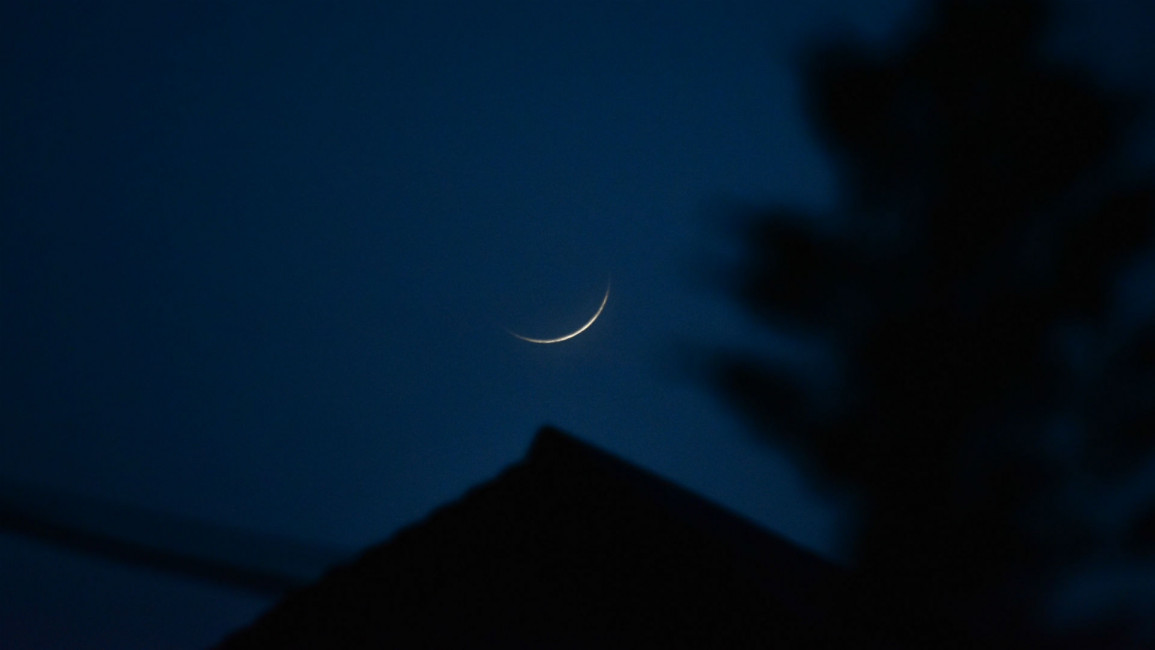Not again! Arab states announce different days for Eid al-Adha
Eid al-Adha, also called the Festival of the Sacrifice, will take place on Sunday August 11 or Monday August 12, depending on the country.
The celebration, also known as Hajj Eid or Big Eid, falls on the tenth day of the final month of the Islamic calendar and marks the end of the annual Hajj pilgrimage.
Saudi Arabia's Supreme Court announced August 11 would be the first day of Eid al-Adha, after it sighted the crescent moon marking the start of the month Dhul al-Hijjah on Thursday.
But not all Arab countries were in agreement on exactly what day Eid al-Adha will fall this year.
Omani authorities were unable to see the crescent moon on Thursday evening and the country broke with its Gulf neighbours, announcing Eid for August 12.
The Moroccan Ministry of Endowments and Islamic Affairs also declared Eid would fall on Monday August 12.
|
Various local and national councils announced Eid for either Sunday or Monday, depending on whether they follow Saudi Arabia, their nearest Muslim country or local moon sightings.
The day of Arafat, on which hundreds of thousands of hajj pilgrims ascend Mount Arafat outside Makkah, takes place the day before Eid.
Eid al-Adha is a four-day celebration marking the remembrance of the willingness of prophet Abraham's sacrifices to his Lord, which many mark by slaughtering an animal, usually a sheep, in the name of God.
The meat is then divided into three parts, to the poor and needy, to relatives, friends and neighbours and the remaining third is kept by the family.
The Hajj pilgrimage will begin on the August 9, the Friday before the Eid celebration. As of Wednesday, more than a million Hajj pilgrims have arrived in Saudi Arabia, according to statistics issued by the Saudi General Directorate of Passports.
The Hajj is one of the five pillars of Islam, and all able-bodied Muslims are required to perform it once in their lifetime.
During the five-day pilgrimage, millions of Muslims circle Islam's most sacred site, the cube-shaped Kaaba, and take part in rituals intended to bring about greater humility and unity.
The Islamic calender is based on a lunar system. The exact date of many important celebrations are often known only the night before and depend on the sighting of the crescent moon.
Follow us on Twitter: @The_NewArab



